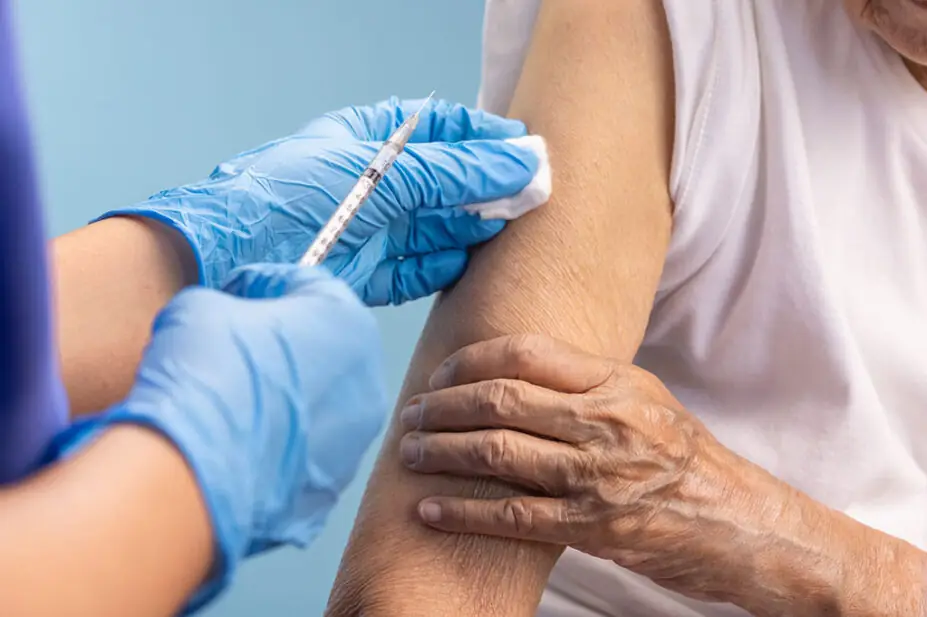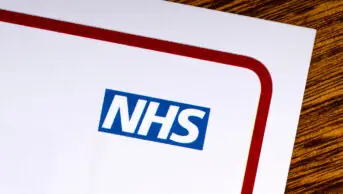
Shutterstock.com
NHS England has increased funding for inclisiran (Leqvio; Novartis), with community pharmacies now able to purchase the anticholesterol drug at a nominal charge of £45 and be reimbursed at £60 — an increase from £50.
In a letter on cardiovascular disease (CVD) prevention sent to NHS colleagues on 31 March 2025, NHS England said the funding had been aligned to the new pharmacy contract and would be effective as of 1 April 2025.
It said: “Aligned to the new contract, we have agreed through Department of Health and Social Care with Community Pharmacy England that community pharmacies and general practices will purchase inclisiran at a nominal charge of £45 and be reimbursed at £60 (an increase from £50), with the differential given to offset incurred costs.
“This update is planned for inclusion in the drug tariff from 1 April 2025.”
In the letter, NHS England described CVD as a “key priority” and added that “we intend to continue to prioritise its prevention and proactive care as part of effective population health management through the GP contract”.
As part of this priority, NHS England said it had “renegotiated an agreement with Novartis for continued access to inclisiran, maintaining the same price for current and new NHS patients in England until December 2027”.
In additional information on the funding and supply of inclisiran, NHS England said it had agreed to continue to fund inclisiran centrally for all patients initiated on treatment up to 31 December 2027, at which point the agreement will be assessed and any changes from 1 January 2028 will apply to new patients only.
However, the letter added: “Uptake of inclisiran among the potential eligible population of around 600,000 [people] has been slower than expected, and we continue to work to address this.”
Since 2021, fewer than 20,000 people in England have been prescribed inclisiran in primary care, despite expectations set by the NHS that 300,000 people would be taking the drug by 2024.
Inclisiran is a cholesterol-lowering treatment that uses RNA interference to boost the liver’s ability to remove harmful cholesterol from the blood.
It can be given in primary care as a twice-yearly injection and is approved by the National Institute for Health and Care Excellence (NICE) for secondary prevention of CVD for patients with persistently high low-density lipoprotein cholesterol, despite taking statins with or without other lipid-lowering medicines.
Inclisiran can also be offered when people cannot take statins.
Commenting on the agreement, Danny Bartlett, clinical lead at Kent, Surrey and Sussex Primary Care School, said: “I think the renegotiation of the inclisiran agreement, paired with the strong and continued focus on cardiovascular prevention is a great position for clinicians to be in.
“The next step will be clinicians ‘owning’ their own populations’ health statistics and targeting the most at cardiovascular risk patients first, and then systematically working through each cohort of eligible patients, hopefully leading to an increase in key lipid lowering therapies being prescribed.”
Michael Mulholland, honorary secretary of the Royal College of General Practitioners (RCGP), said: “GPs absolutely want to do our best for patients who have raised lipids and to reduce their cardiovascular risk.
“However, inclisiran is still a ‘black triangle’ drug — one for which full safety data is not yet available — and there are insufficient resources within primary care to monitor its effects. We’d usually expect such a drug to first be prescribed at specialist hospital clinics, where patients can be more easily monitored.
“Before GPs become responsible for prescribing inclisiran, we need assurance that the evidence base on its safety is secure and for the risks and benefits to patients to be clearly established.”
In 2021, the RCGP and British Medical Association raised concerns after inclisiran was approved by NICE and urged caution about prescribing the drug owing to a lack of long-term data on cardiovascular outcomes and safety.
In 2023, an investigation by The Pharmaceutical Journal into NICE’s approval of inclisiran revealed an “extremely unusual” level of political influence on the independent body to give the green light to the drug quickly.


